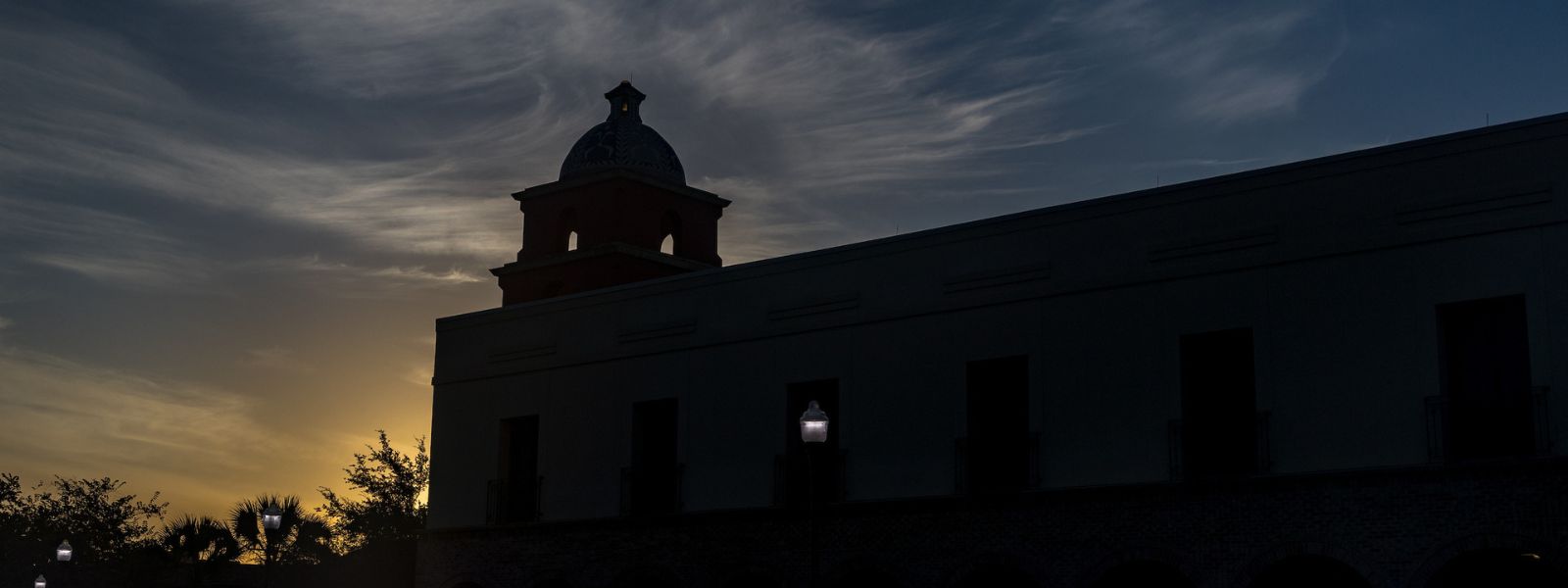
Philosophy Faculty Publications
Document Type
Article
Publication Date
2010
Abstract
The aim of this essay is explore what demands living in liberty places on citizens in Montesquieu’s The Spirit of the Laws. In contrast to the ideas of liberty from many of the thinkers that were to follow him, Montesquieu’s notion of liberty requires that citizens subject themselves to the regulative relationships required by his normative conception of the law. For Montesquieu, living in liberty is not just a situation in which one avoids what the law forbids and is otherwise left ’free’ without interference and coercion. For Montesquieu, liberty is a positively elaborated ideal with normative demands and a set of “necessary relations” that citizens must form. The result is that a life of liberty is defined in a significant way by the laws that bind a citizen because liberty is not the freedom to construct different ways of life, but the freedom to live securely within a particular way of life. I highlight this overlooked feature of The Spirit of the Laws by mobilizing Aron, Althusser and Durkheim’s work on the law in Montesquieu to draw out the implications of Montesquieu’s notion of law for liberty.
Recommended Citation
Wimberly, C. (2010). Liberty and the Normative Force of the Law in Montesquieu’s The Spirit of the Laws. Minerva - An Internet Journal of Philosophy, 14, 36–65.
First Page
36
Last Page
65
Publication Title
Minerva - An Internet Journal of Philosophy


Comments
© 2010 Minerva. Original published version available at http://www.minerva.mic.ul.ie/Vol14/Montesquieu.pdf